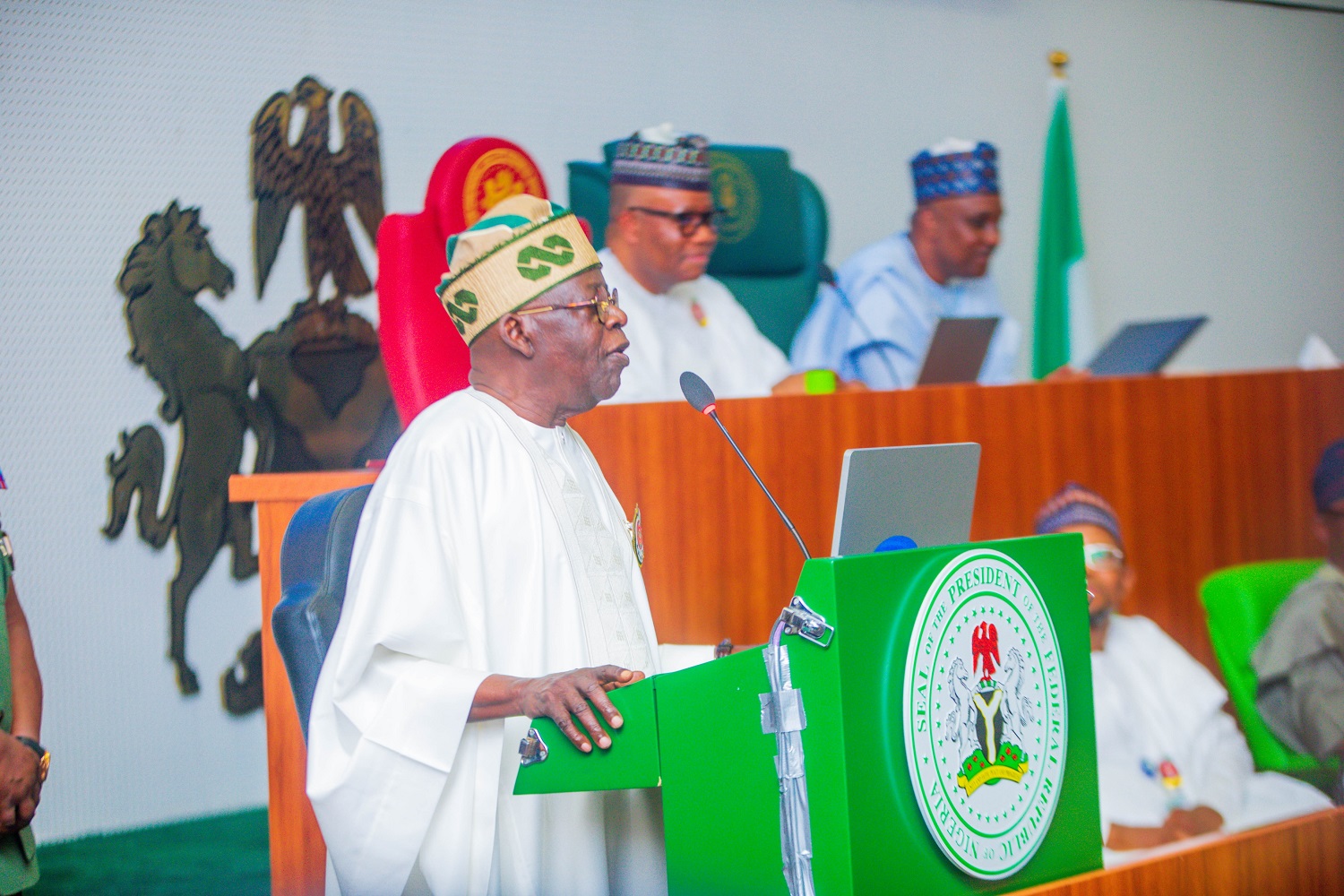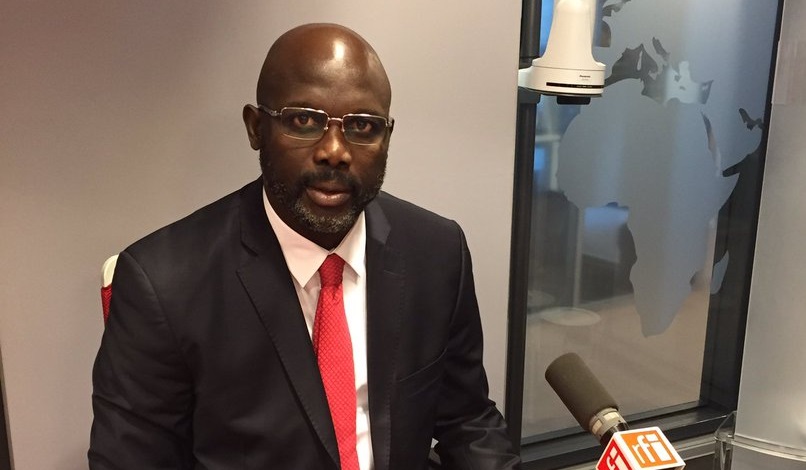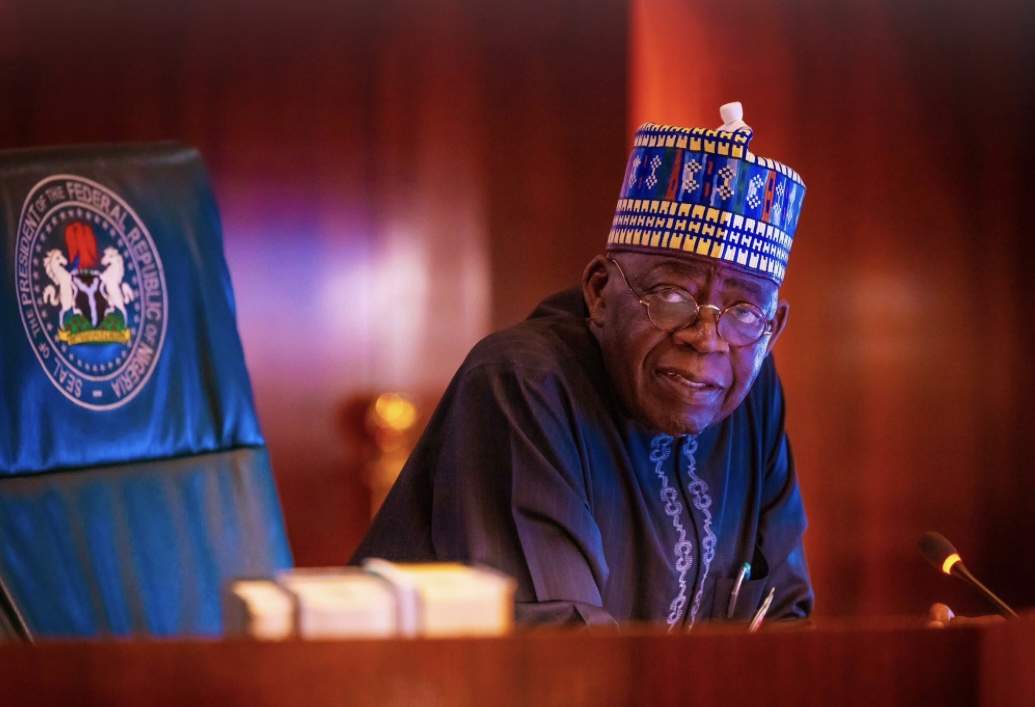Allow me to walk you through the story that led to this article.
I had been working on a research aimed at understanding the experiences of female undergraduate students within the Geoscience discipline in Nigeria—an area historically dominated by male representation. I am investigating how these experiences shape their inclination to pursue a career in the field, particularly in light of the underrepresentation of women in STEM fields. Existing research has established a relationship between the disciplinary identity of STEM students—the connection they establish with their academic disciplines—and their sustained commitment to STEM pursuits. However, the majority of studies exploring this correlation were conducted outside of Nigeria and Africa.
Motivated to enhance STEM accessibility for women, I took on this research as a class project, drawing on the case study of my experiences within a Nigerian university. However, in order to effectively contextualize my findings, it was crucial to find prior research conducted on my specific topic within Nigeria.
Thus began my search. After extensively combing numerous online research repositories, my findings were disheartening—I discovered fewer than five relevant studies. Initially, I was stunned. The scarcity of work on the topic left me bewildered. For a discipline that has stood as an academic and professional field in Nigeria for over six decades, the lack of substantial research into the educational experiences of the countless students who have engaged with it seemed inconceivable. How could such a dearth of research be deemed acceptable? This realization stirred a sense of righteous indignation within me.
Advertisement
Then, it dawned on me. Why was I surprised again? This realization was, after all, a fundamental reason why I veered from the core sciences to delve into the study of science education for my doctoral degree. As a Geoscience lecturer before starting my Ph.D., I had a deep interest in unravelling how my students made sense of their educational experiences and I always pondered ways to enhance the teaching of sciences, particularly at the tertiary level because I had grown weary of the rote learning “La-Cram-La-Pour” system. At the advanced stage that higher education is, I firmly believed that students should actively engage in scientific practices rather than merely memorizing scientific facts. Scientific thinking extends far beyond the memorization of facts, and I was steadfast in my conviction that higher education should focus more on cultivating students’ scientific reasoning, encouraging them to go beyond the recitation of the ideas from past scientists—whose names they might even find challenging to pronounce sometimes—and instead actively engage them in the practice of doing science themselves.
Even in my earlier experiences, I had been taken aback by the scarcity of research. Yet, there was no one to blame. The fusion of education and sciences in the way I had imagined it was not a prevalent concept. In Nigeria, the notion of combining education and sciences as an academic and career pursuit was predominantly limited to primary and secondary school levels. The prevailing norms in Nigeria made it challenging for my mind to conceive starting out my academic journey in core sciences and then pursuing a doctoral degree in the education of the science I studied while still working in that science discipline. There were limited examples of such pathways. It took an encounter with someone from a different continent to make me realize that not only was it possible to build an academic and career trajectory at the intersection of sciences and education, particularly with a focus on higher education, it was also not unusual.
Education is often regarded as a social science, and I wonder whether this is a reason for it being somewhat overlooked within STEM disciplines at the higher education level. In a previous article, I advocated for embracing STEAMH (Science, Technology, Engineering, Arts, Maths, and Humanities) instead of STEM (Science, Technology, Engineering, Maths) when contemplating the role of education in driving development. In that discussion, I outlined why arts and social sciences strengthen the contributions of the sciences to national development.
Advertisement
In this article, I am emphasizing why STEM disciplines must allocate space and recognition to the educational dimensions of their fields to ensure sustained progress. STEM needs the social sciences of education. There is a pressing need for an academic and research pathway to scrutinize the dynamics within STEM disciplines in Nigerian education and explore ways to enhance them, particularly at postsecondary levels. The STEM disciplines in higher education serve as the primary source of STEM professionals in the country, and we cannot afford to leave such a vital contributor to our national development to chance.
Teaching in higher education often lacks a robust emphasis on the importance of comprehensive training in the art of education. There exists a prevalent assumption that obtaining a degree in a discipline automatically qualifies an individual to teach it to others, disregarding the fact that teaching is a skill in its own right, deserving of proper training. This assumption is particularly prevalent in higher education, as I have previously argued in an article advocating for lecturers’ professional development in teaching.
This is why I advocate for the integration of Discipline-Based Education Research (DBER) within STEM disciplines. DBER is not a novel concept, as we are, to some extent, already incorporating it into our educational structures. Numerous universities have departments and specialized units such as Chemistry Education, Physics Education, and Mathematics Education. However, the majority of these science education units are geared toward preparing STEM teachers for secondary schools. Further, the science education research landscape in Nigeria has been significantly skewed towards secondary education, with minimal attention directed towards understanding the dynamics within higher education STEM disciplines. I strongly advocate for bridging this gap and redirecting research efforts to address the unique challenges and opportunities within higher education STEM disciplines.
The education of STEM in tertiary institutions requires a significant overhaul. Tertiary students need innovative learning approaches that actively involve them in authentic scientific practices. This shift is essential for our nation to actively contribute to advancing the frontiers of sciences instead of consistently trailing behind others. However, achieving this reform goes beyond mere aspirations and eloquent rhetoric. What we need is a robust empirical understanding of the dynamics within STEM higher education classrooms. To accomplish this, we need to engage in data-driven and research-based investigations to gain a deeper understanding of the current state of STEM education in university classrooms and to identify effective strategies for reforming it. We need individuals dedicated to leading this charge, utilizing empirical understanding. We need Discipline-Based Education Researchers in Nigerian Higher Education STEM disciplines. The sooner we create space for these researchers, the swifter we can reform our STEM classrooms, transforming them into innovation centers capable of propelling our country forward.
Advertisement
Oluwatoyin is a Doctoral Researcher in STEM Education, Social Entrepreneur and Policy Consultant. She writes from Boston, United States and Lagos, Nigeria. She can be reached at [email protected] or on LinkedIn here.
Views expressed by contributors are strictly personal and not of TheCable.
Add a comment








